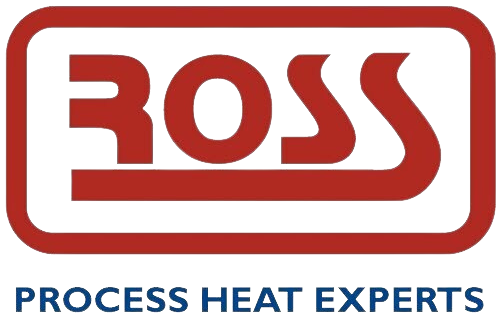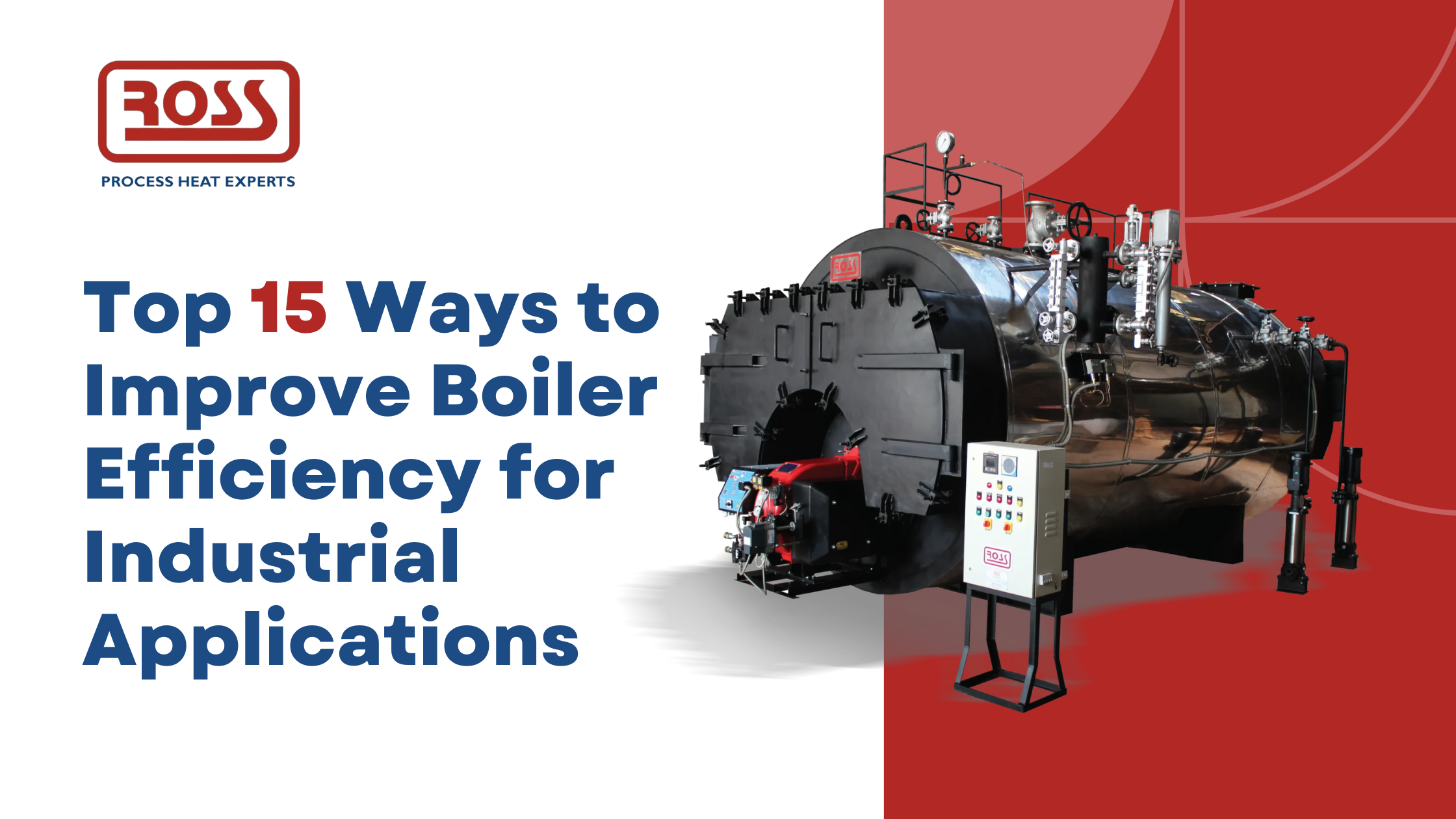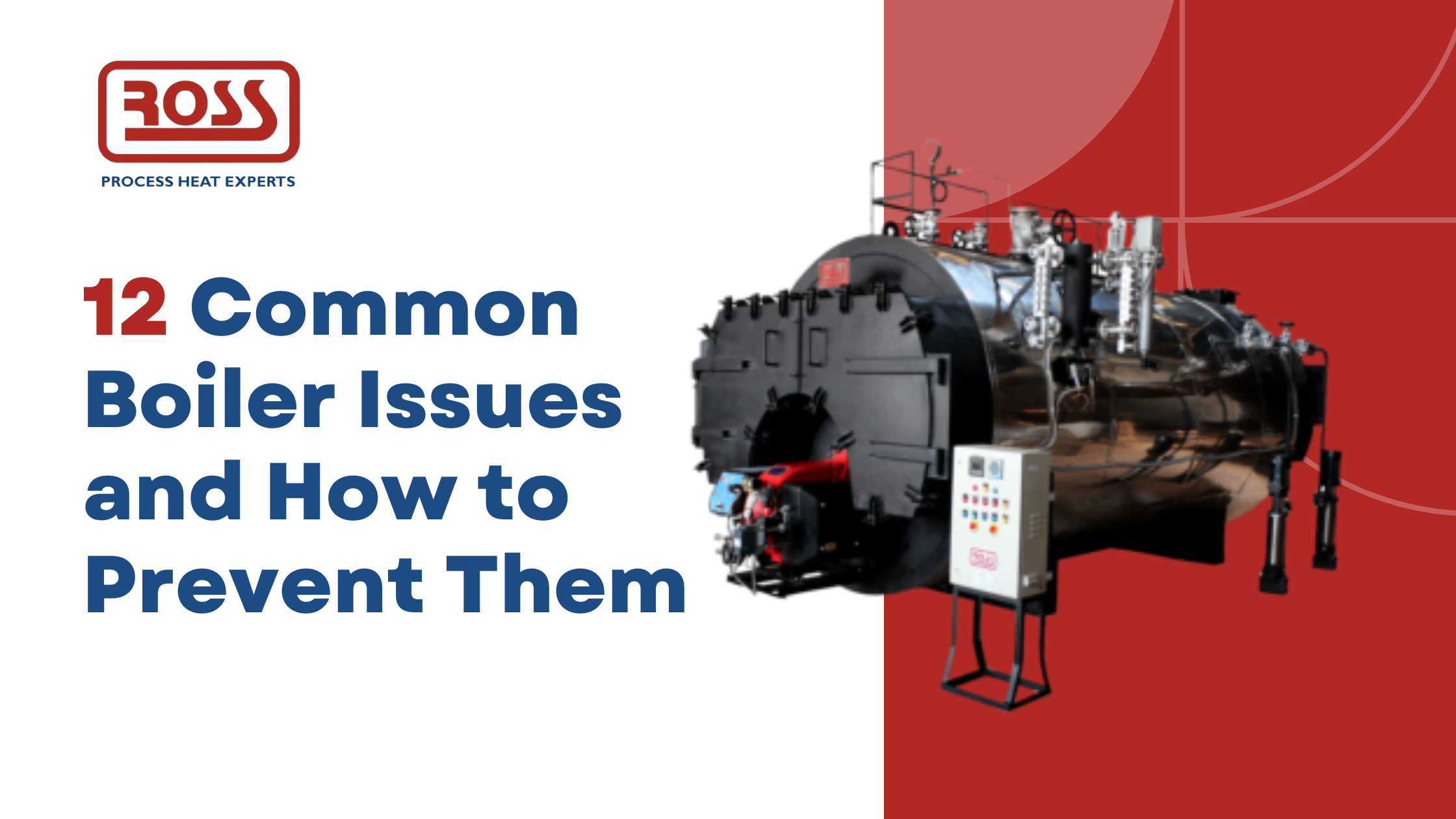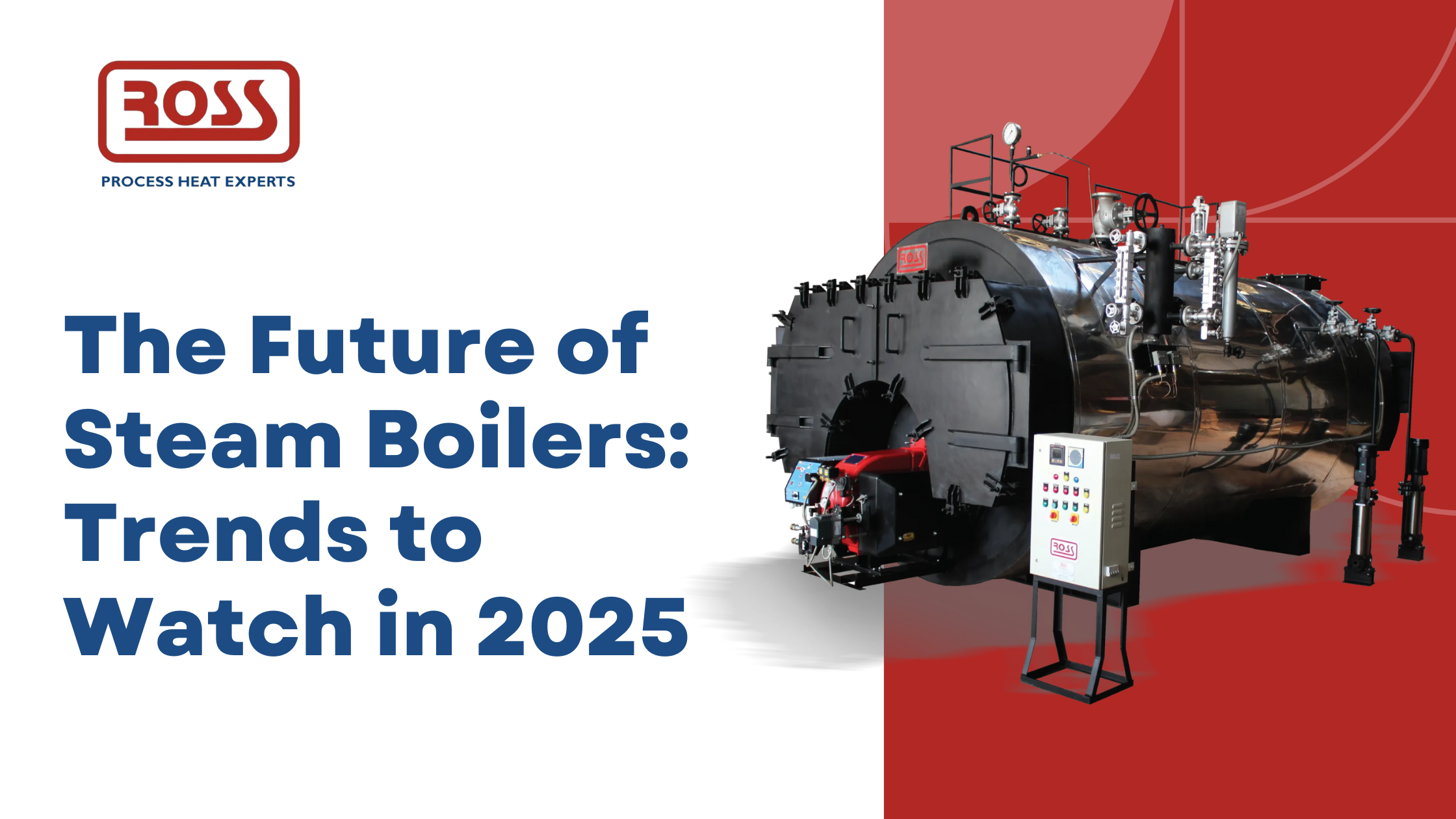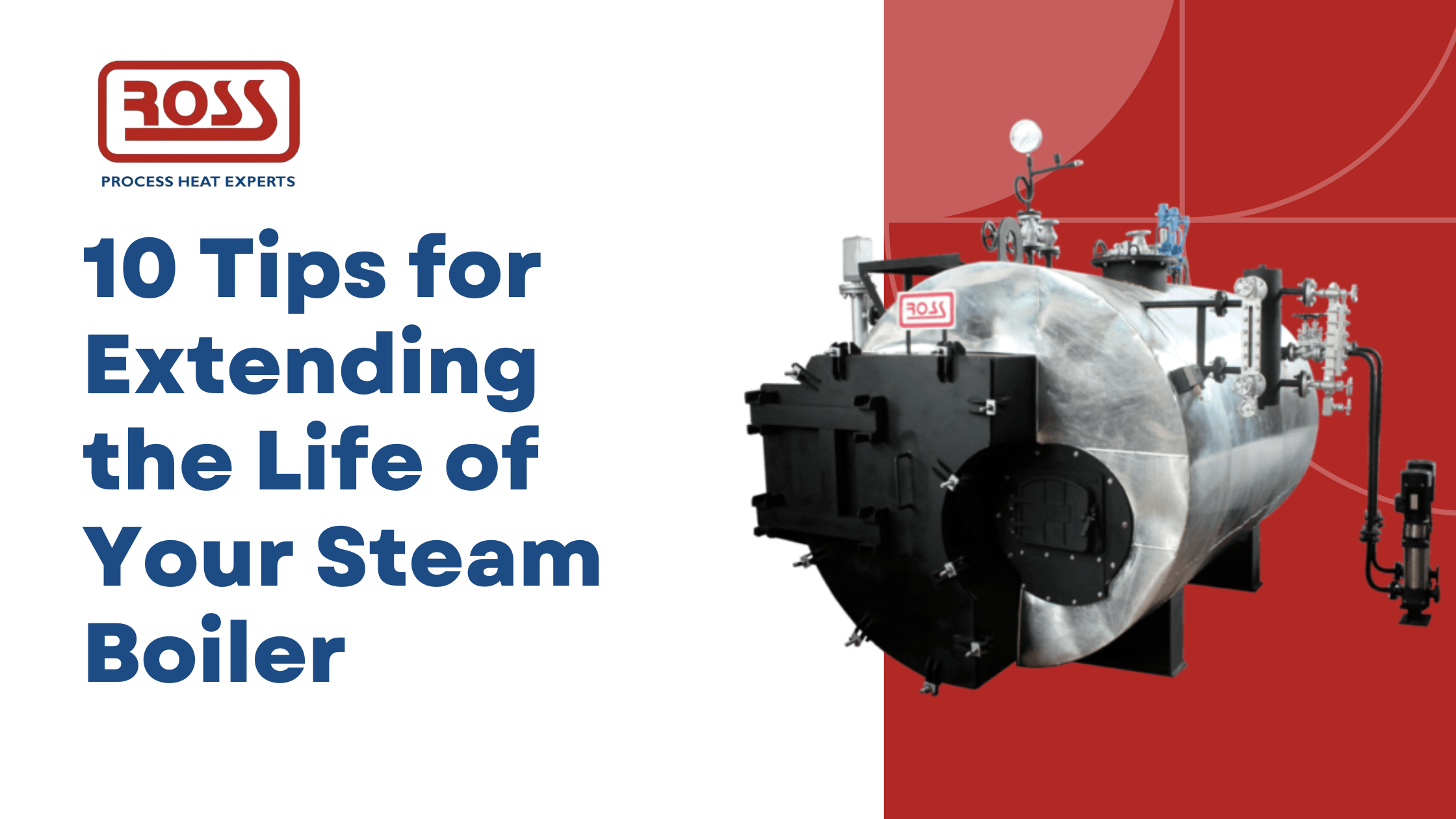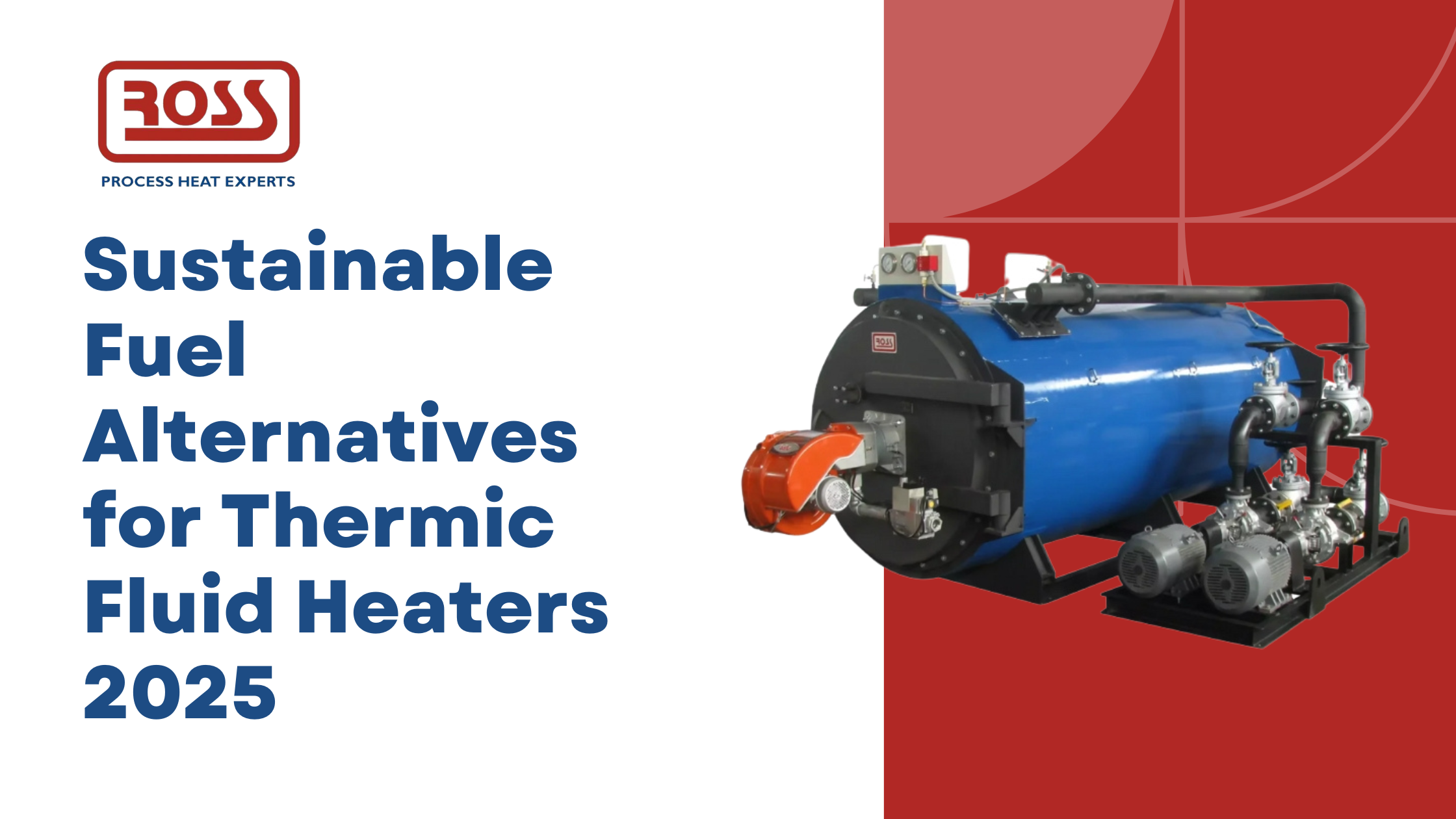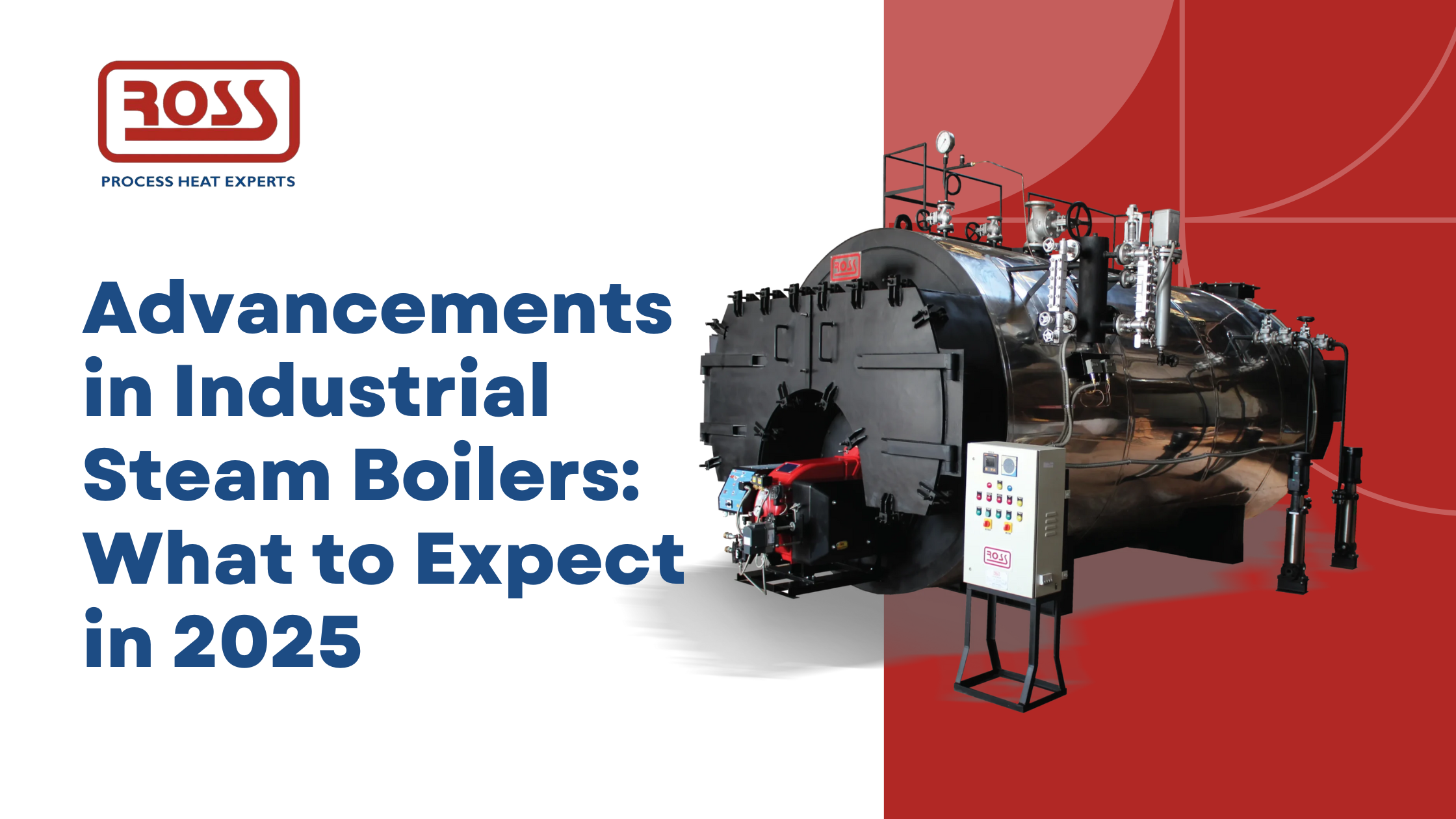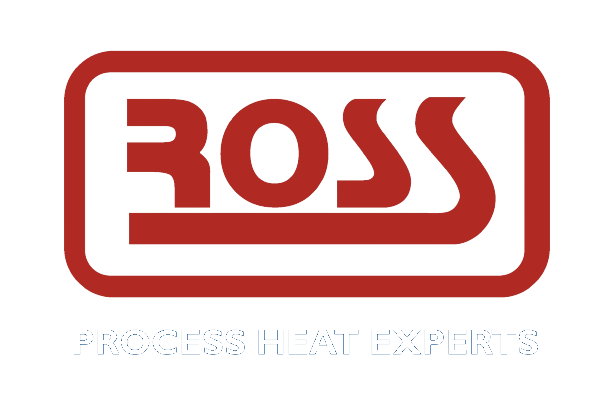Hot water steam boilers are a important component in various industrial, commercial, and residential applications. These boilers are designed to heat water to produce steam, which can then be used for heating spaces, powering machinery, or performing other essential functions. Understanding how these boilers work, when they are needed, and their benefits can make informed decisions about their use.
What are Hot Water Boilers?
Hot water boilers are heating systems that use a heat source to warm water and generate steam. The steam produced by these boilers is then distributed through pipes to radiators or other heating devices, providing warmth and comfort. Hot water boilers are commonly found in residential homes, commercial buildings, and industrial settings.
They are preferred for their efficiency, reliability, and ability to provide consistent heating over large areas. By converting water into steam, these boilers can effectively transfer and maintain water heat to desired temperature levels.
When are Hot Water Boilers Needed?
Hot water boilers are essential in various situations where consistent and efficient heating is required. In residential settings, they are used to heat homes, providing a reliable and cost-effective solution for maintaining a comfortable indoor environment. Commercial buildings, such as hotels, office spaces, and hospitals, rely on hot water boilers for heating and hot water supply.
In industrial applications, these boilers are used to power machinery, process materials, and maintain optimal working conditions.Hot water boilers are particularly needed in regions with cold climates, where maintaining a warm indoor environment is crucial.
They are also essential in industries where precise temperature control is necessary, such as in food processing, chemical manufacturing, and pharmaceuticals. Additionally, hot water boilers are used in district heating systems, where a central boiler provides heat to multiple buildings, improving energy efficiency and reducing overall heating costs.
Types of Hot Water Boilers offer by Ross Thermal
1. ASTRA SERIES

The ASTRA series, where efficiency meets reliability in the realm of hot water generation. Specifically designed and manufactured, the ASTRA hot water generator boasts a shell type, three-pass, reverse flue design in a horizontal configuration. With an internal water-cooled furnace featuring a low heat release rate, this generator ensures improved efficiency and fuel savings. Whether equipped with the robust ROSS burner or a compact imported monobloc burner, the reverse flue design achieves higher efficiency.
2. RHBW SERIES

Introducing the RHBW series, a vertical single-pass shell-type flue tube hot water generator designed to burn solid fuels such as woody coal and agro-waste. This generator features a water-walled combustion chamber that absorbs radiant heat, coupled with a shell and tube heat exchanger for optimal heat transfer. With capacities of up to 3,00,000 Kcals/hr, the RHBW series is a versatile solution for various applications.
3. SIGMA SERIES

In response to the growing demand for solid fuel-fired boilers amid rising liquid fuel prices, we present the Sigma series. These horizontal smoke tube boilers are designed for optimal performance, offering capacities ranging from 1,00,000 Kcal/hr to 30,10,000 Kcal/hr. The Sigma units are engineered for high water flows with minimal pressure drop on the water side, ensuring efficient operation.
4. RHB SERIES

5. RHBE SERIES

The RHBE series introduces Electric Hot Water Generators, offering economical hot water supply for both commercial and industrial applications. These generators are designed for fast and easy installation without the need for a separate boiler house or chimney. With no fuel storage or handling requirements, these units utilize low watt density heaters to ensure extended electric heater life.
What Are the Benefits of Hot Water Boilers?
1. Energy Efficiency
Hot water boilers are designed to be highly efficient, converting a significant portion of the fuel energy into usable heat. Modern boilers are equipped with advanced technologies, such as condensing heat exchangers, which capture and utilize heat that would otherwise be lost. This efficiency translates to lower energy consumption and reduced heating costs.
2. Consistent and Reliable Heating
Hot water boilers provide consistent and reliable heating, maintaining a steady indoor temperature regardless of external weather conditions. This reliability is essential in residential, commercial, and industrial settings where maintaining a comfortable and stable environment is critical.
3. Versatility
Hot water boilers are versatile and can be used in a wide range of applications. They are suitable for heating homes, office buildings, hospitals, factories, and even entire districts. Additionally, they can be used to power industrial processes, making them an integral part of various industries.
4. Environmentally Friendly Options
Many hot water boilers are designed to be environmentally friendly, with options for using clean energy sources such as electricity. These boilers produce fewer emissions compared to traditional fossil fuel boilers, contributing to reduced environmental impact and compliance with emissions regulations.
5. Long Lifespan and Low Maintenance
The RHB series presents an Oil Fired, Two Pass, Shell Type, Vertical Hot Water Generator—a compact, vertical shell-type design offering efficient and reliable hot water generation. This generator features a combustion chamber enclosed by a water jacket, further enclosed by an air jacket with an attached air blower at the bottom. The preheating of air before entering the combustion chamber enhances efficiency, making it an ideal solution for various applications.
Hot water boilers are built to last, with many models offering a long operational lifespan. They require relatively low maintenance compared to heating systems, thanks to their simple and robust design. Regular maintenance and timely servicing can further extend the lifespan of these boilers, ensuring reliable performance for many years.
Conclusion
Hot water steam boilers play a vital role in providing efficient and reliable heating solutions across various applications. Whether it’s for residential comfort, commercial operations, or industrial processes, these boilers offer numerous benefits, including energy efficiency, consistent heating, versatility, environmental friendliness, and low maintenance.
By understanding the different types of hot water boilers and their specific advantages, you can make informed decisions about the best heating solution for your needs. Investing in a quality hot water boiler ensures a warm and comfortable environment while also promoting energy savings and sustainability.
For those looking for premium quality hot water steam boilers, consider a reputable steam boiler manufacturer in Ras Al-Khaimah. They offer a range of high-efficiency boilers designed to meet diverse heating requirements, ensuring optimal performance and durability.
